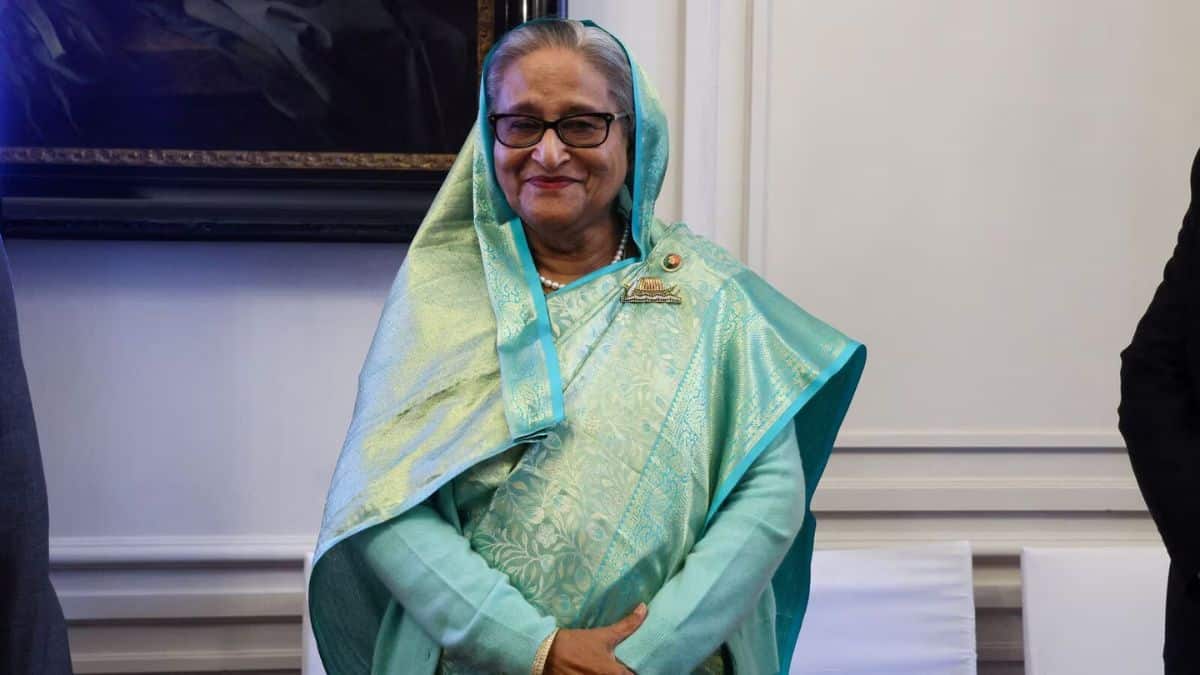Bangladesh’s Prime Minister Sheikh Hasina’s resignation has caused unrest in the nation. Her resignation has paved the way for the formation of an interim government in the neighboring country. This move marks a pivotal moment in Bangladesh’s political landscape, raising questions about the future direction of the nation.
West Bengal Chief Minister Mamata Banerjee responded promptly to the unfolding situation, urging the people of Bengal to remain calm and avoid succumbing to rumors. In a public statement, Banerjee emphasized the importance of peace and stability during this transitional period. “I appeal to the people of Bengal to maintain peace. Do not pay attention to any kind of rumors,” she stated, underscoring the need for restraint and caution.
Banerjee also highlighted the diplomatic nature of the situation, stressing that it is a matter between two sovereign countries. She affirmed that West Bengal will support any decision taken by the Indian Central government regarding the developments in Bangladesh. “This is a matter between two countries; we will support whatever decision the Central government takes,” she added, reinforcing her commitment to national and regional stability.
The resignation of Sheikh Hasina, who has been a dominant figure in Bangladeshi politics, signals a period of uncertainty. Hasina has played a crucial role in steering Bangladesh through various challenges, including military rule and economic reforms. Her departure from office raises numerous questions about the interim government’s composition and its ability to maintain continuity and stability.
As the situation evolves, regional and international observers are keenly watching the developments in Bangladesh. The transition period will be critical in determining the future political trajectory of the country. Meanwhile, West Bengal, sharing a porous border with Bangladesh, remains vigilant, with Mamata Banerjee’s call for peace resonating across the state.

